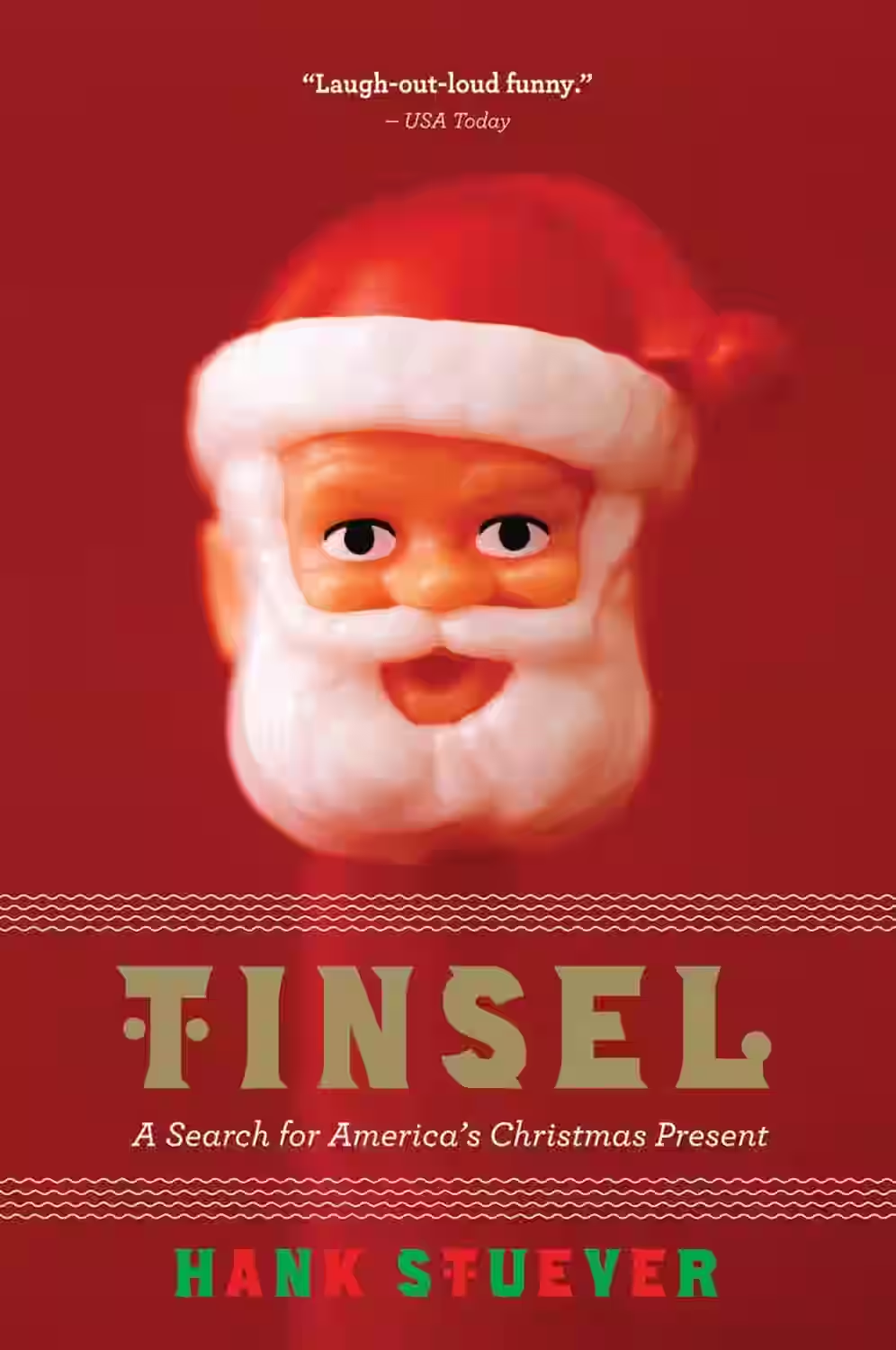
In 'Tinsel: A Search for America's Christmas Present,' author Hank Stuever delves into the heart of the holiday season, exploring the commercialization, traditions, and emotions surrounding Christmas in modern America. Through a captivating blend of storytelling and insightful analysis, Stuever paints a vivid picture of the ways in which Christmas has evolved to reflect the values and dynamics of contemporary society, from extravagant light displays to heartfelt community gatherings. By dissecting the essence of Christmas present, the book raises thought-provoking questions about consumerism, family, and the true spirit of the season, making it a compelling read for anyone interested in the cultural significance of Christmas.
About Hank Stuever
Hank Stuever, an American author and journalist, is celebrated for his insightful cultural commentary and sharp wit. Born in Oklahoma and raised in Texas, Stuever's writing often explores the complexities of modern American life with a keen eye for detail. He gained popularity for his work as a television critic for The Washington Post, where his reviews were renowned for their humor and astute observations. Stuever's acclaimed book 'Tinsel: A Search for America's Christmas Present' offers a poignant examination of the holiday season's impact on society. Through his works, Stuever continues to captivate readers with his perceptive insights and engaging storytelling.
Similar Books
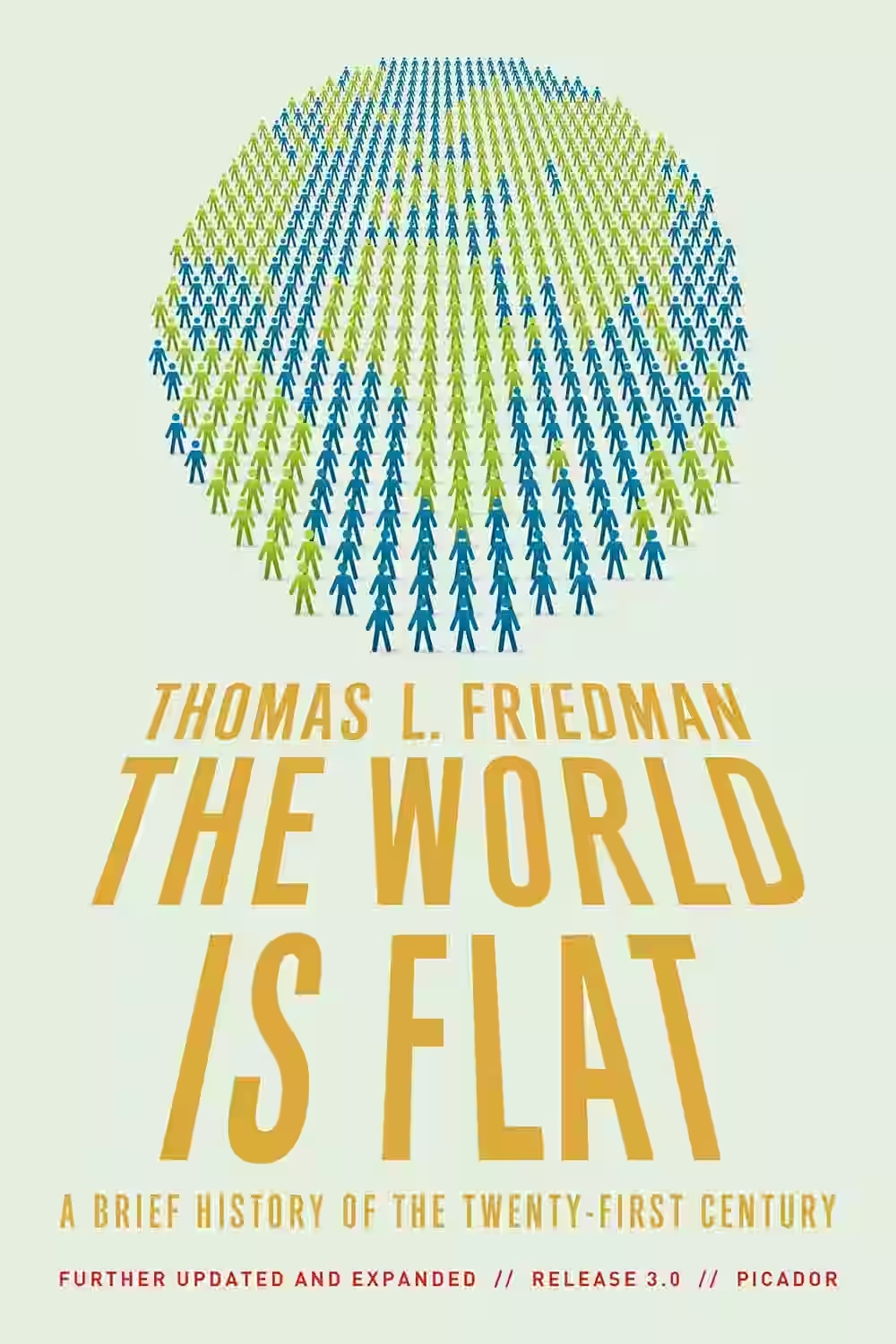
The World Is Flat
In 'The World Is Flat,' Thomas L. Friedman explores the concept of globalization and its impact on our interconnected world. He delves into how technological advancements, particularly the rise of the internet, have leveled the playing field for individuals and businesses worldwide, creating both opportunities and challenges. Friedman argues that in this 'flat' world, countries and individuals must adapt to stay competitive. Through engaging anecdotes and analysis, the author paints a vivid picture of a world where traditional boundaries are becoming increasingly blurred. This thought-provoking book challenges readers to rethink their place in a globalized society.
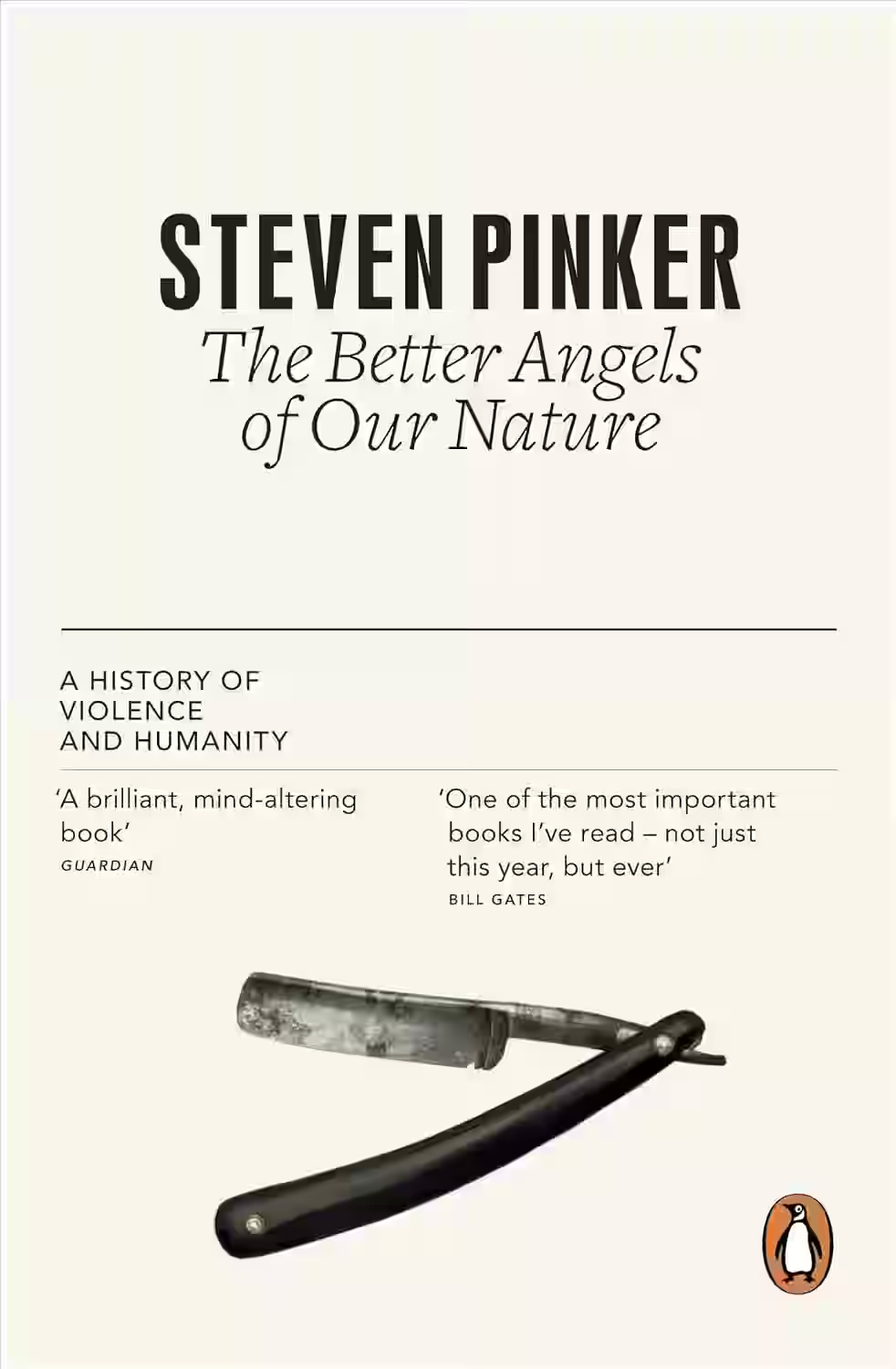
The Better Angels of Our Nature
In The Better Angels of Our Nature, cognitive scientist Steven Pinker argues that, contrary to popular belief, violence has declined significantly over human history. Drawing on data from psychology, history, and political science, Pinker examines how societal changes—such as the spread of literacy, trade, and centralized governance—have contributed to a more peaceful world. He identifies forces like empathy, reason, and moral progress as "better angels" guiding human behavior. Though controversial, the book provides a compelling, data-driven narrative that challenges pessimistic views of human nature and makes a bold case for the progress of civilization over the centuries.
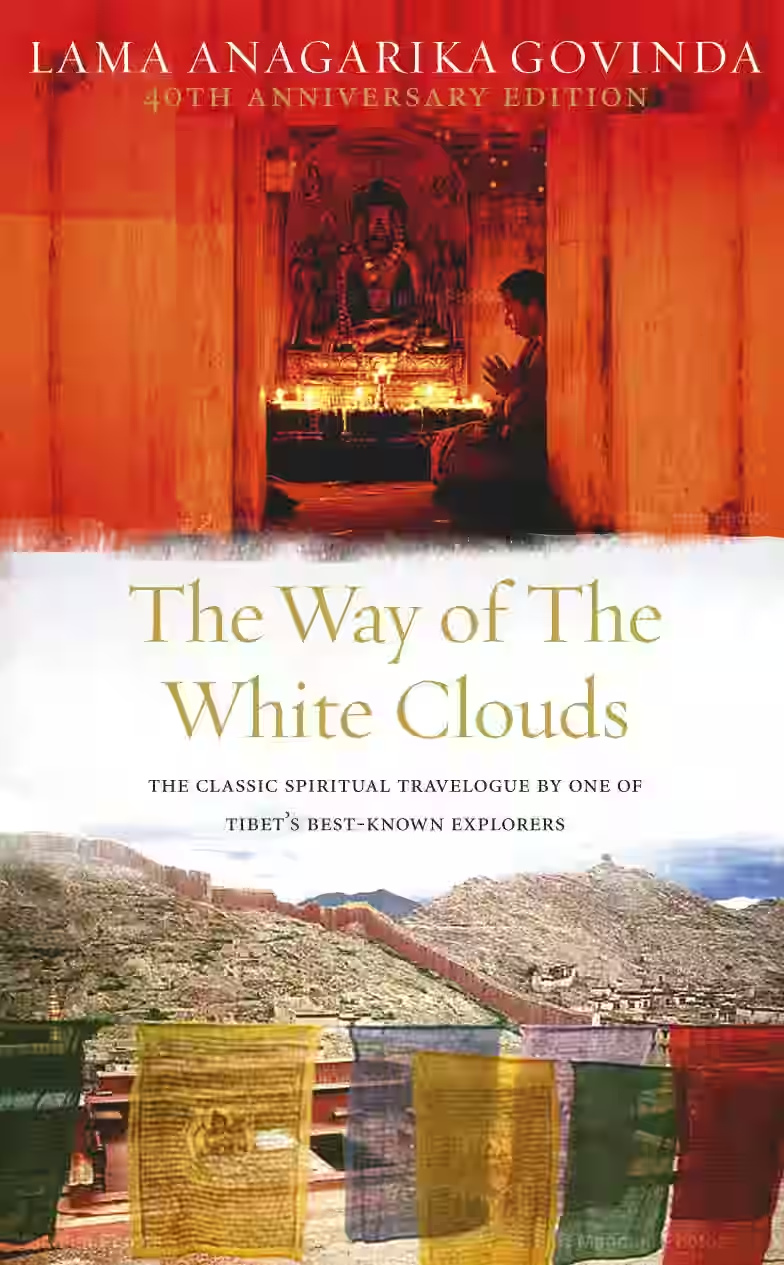
The Way of the White Clouds
This spiritual travelogue chronicles Lama Govinda’s journey through the Himalayas in search of sacred Buddhist teachings and practices. Merging travel writing with philosophical reflection, the book details encounters with monks, yogis, and the mystical landscapes of Tibet. With poetic language and deep reverence, Govinda explores Tibetan Buddhism, meditation, and the inner path to enlightenment. His experiences illuminate the harmony between inner and outer worlds. As a bridge between Eastern and Western spiritual traditions, the book has inspired generations of seekers interested in Tibetan culture, mysticism, and the transformative power of contemplative pilgrimage.
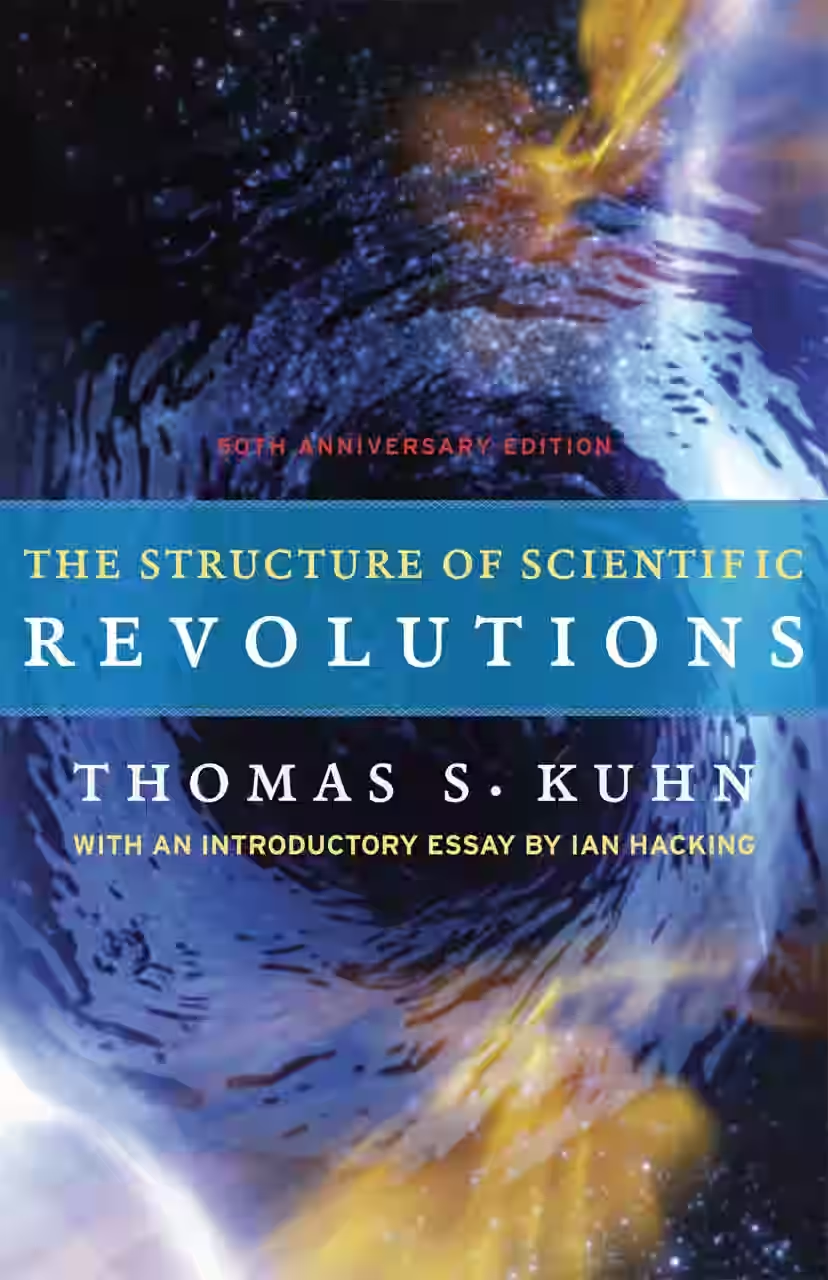
The Structure of Scientific Revolutions
Kuhn’s seminal work revolutionized how we understand science. He argues that scientific progress doesn’t occur gradually, but through paradigm shifts—periods of radical change in fundamental frameworks. Normal science operates within accepted paradigms until anomalies accumulate, prompting a crisis and eventual revolution. Kuhn uses historical case studies to illustrate this cycle, challenging the belief in linear scientific advancement. First published in 1962, The Structure of Scientific Revolutions has had a lasting impact on the philosophy of science, influencing fields from sociology to history. It remains essential reading for anyone seeking to understand how scientific knowledge evolves.